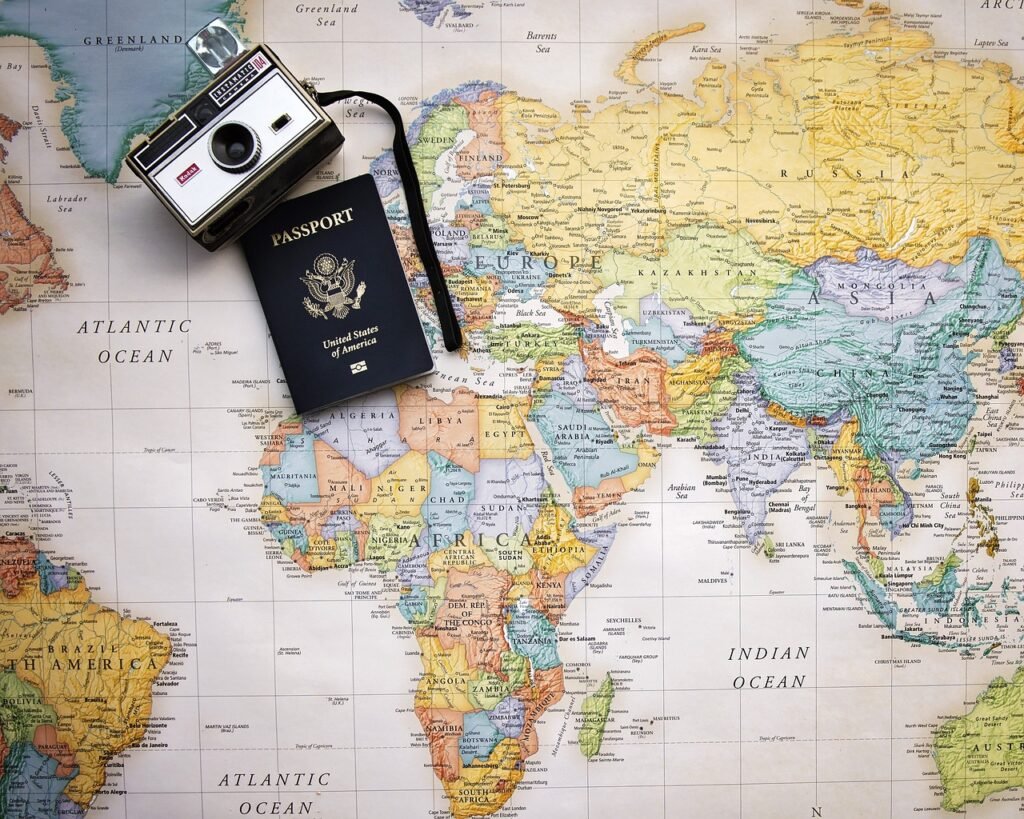Navigating Cultural Differences: A Comprehensive Guide for Expats
Moving abroad is an exciting adventure, but it also comes with its fair share of challenges. One of the most significant hurdles you’ll face is adapting to cultural differences in your new home. This comprehensive guide will help you navigate these differences and make your transition smoother.
Understanding Culture Shock
Culture shock is a common experience for expats, characterized by feelings of disorientation and frustration when encountering unfamiliar customs and behaviors. It typically progresses through four stages:
- Honeymoon Phase: Initial excitement and fascination with the new culture
- Negotiation Phase: Frustration and anxiety as differences become more apparent
- Adjustment Phase: Increased comfort and understanding of the new culture
- Adaptation Phase: Successful integration of new cultural norms
Recognizing these stages can help you better prepare for and cope with the challenges ahead
Strategies for Coping with Cultural Differences

1. Cultivate an Open Mind
Approach your new environment with curiosity and respect. Avoid making judgments based on your own cultural norms. Instead, try to understand the reasons behind different behaviors and values1. Remember, there’s no “right” or “wrong” way to do things – just different approaches.
2. Educate Yourself
Before and after arrival, research your host country’s culture, customs, and social norms. This knowledge will help you navigate daily interactions more smoothly and reduce misunderstandings
3. Learn the Language
Even basic language skills can significantly improve your ability to engage with the local culture. Start with common phrases and gradually build your vocabulary

4. Build a Support Network
Connect with both locals and other expats. Having a diverse social circle can provide emotional support and valuable insights into your new culture
5. Maintain a Sense of Humor
When cultural misunderstandings occur, try to laugh them off. A sense of humor can help you stay positive and resilient in the face of challenges
6. Create a Comfortable Space
Establish a “home base” where you feel safe and comfortable. This could be your apartment or a favorite local café. Having a familiar space can provide respite when cultural differences feel overwhelming
7. Stay Active and Explore
Physical activity can combat stress and improve your mood. Use this as an opportunity to explore your new environment and deepen your understanding of the local culture
8. Practice Self-Awareness
Reflect on your own cultural biases and how they might influence your perceptions. This self-awareness can help you approach differences with greater empathy and understanding

9. Be Patient with Yourself
Adjusting to a new culture takes time. Allow yourself to make mistakes and learn from them. Remember that feeling frustrated or homesick is normal and temporary
10. Engage in Cultural Activities
Participate in local festivals, try traditional foods, and engage in cultural practices. This hands-on approach can deepen your appreciation for your new home and accelerate your cultural adaptation
Dealing with Specific Cultural Differences
Rules and Regulations
Different cultures have varying approaches to rules. Some prioritize structure and order, while others value flexibility and relationship-building. Recognize these differences to avoid frustration in daily interactions
Communication Styles
Pay attention to both verbal and non-verbal communication norms. What’s considered polite or rude may differ significantly from your home culture
Time Perception
Attitudes towards punctuality and time management can vary widely between cultures. Adjust your expectations accordingly to avoid unnecessary stress
Social Hierarchies
Understanding the local social structure and power dynamics can help you navigate professional and personal relationships more effectively
Overcoming Reverse Culture Shock
When returning home, you may experience reverse culture shock. This can be just as challenging as the initial adjustment to a new culture. To cope:
- Maintain connections with your host country
- Share your experiences with others
- Incorporate positive aspects of your host culture into your life back home
- Be patient with yourself as you readjust
Conclusion
Adapting to cultural differences is a journey that requires patience, openness, and resilience. By approaching these differences with curiosity and respect, you can turn potential challenges into opportunities for personal growth and enriching experiences. Remember, the goal isn’t to completely change who you are, but to expand your cultural toolkit and become a more adaptable global citizen.As you embark on your expat adventure, keep these strategies in mind and embrace the learning process. With time and effort, you’ll find yourself not just coping with cultural differences, but thriving in your new international environment.




Post Comment